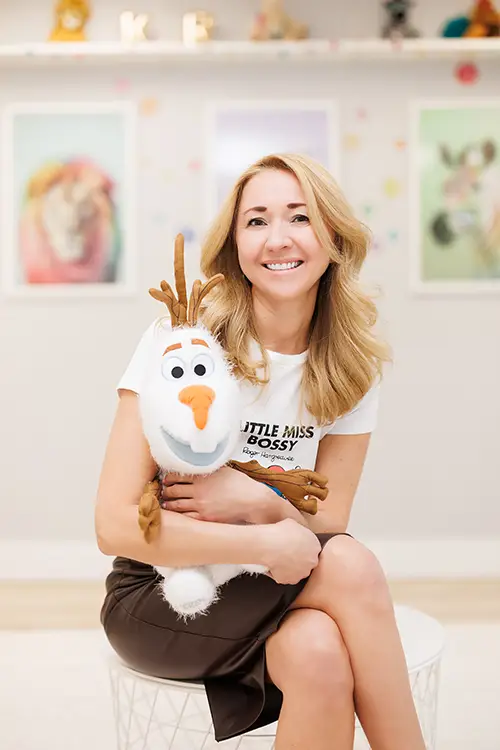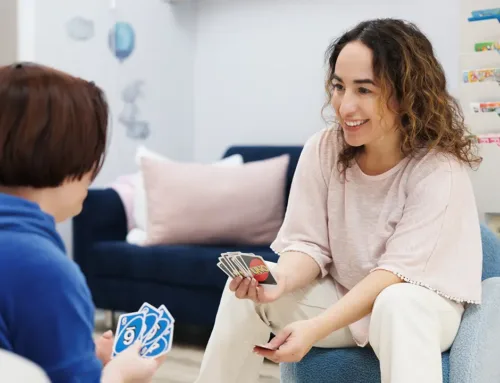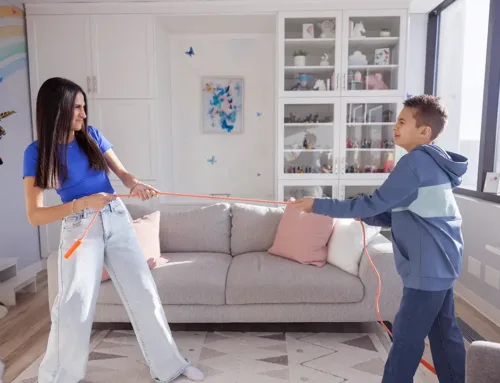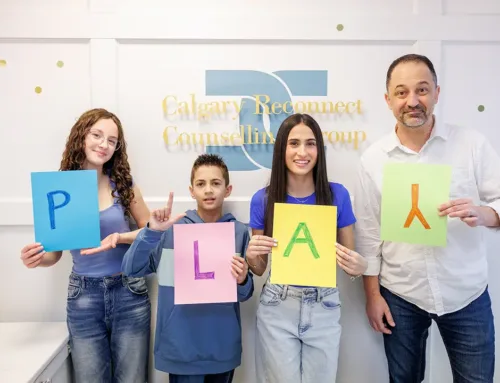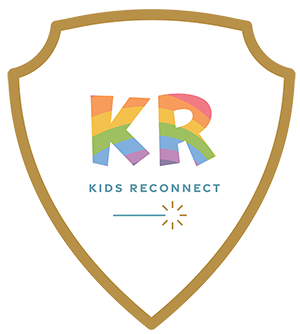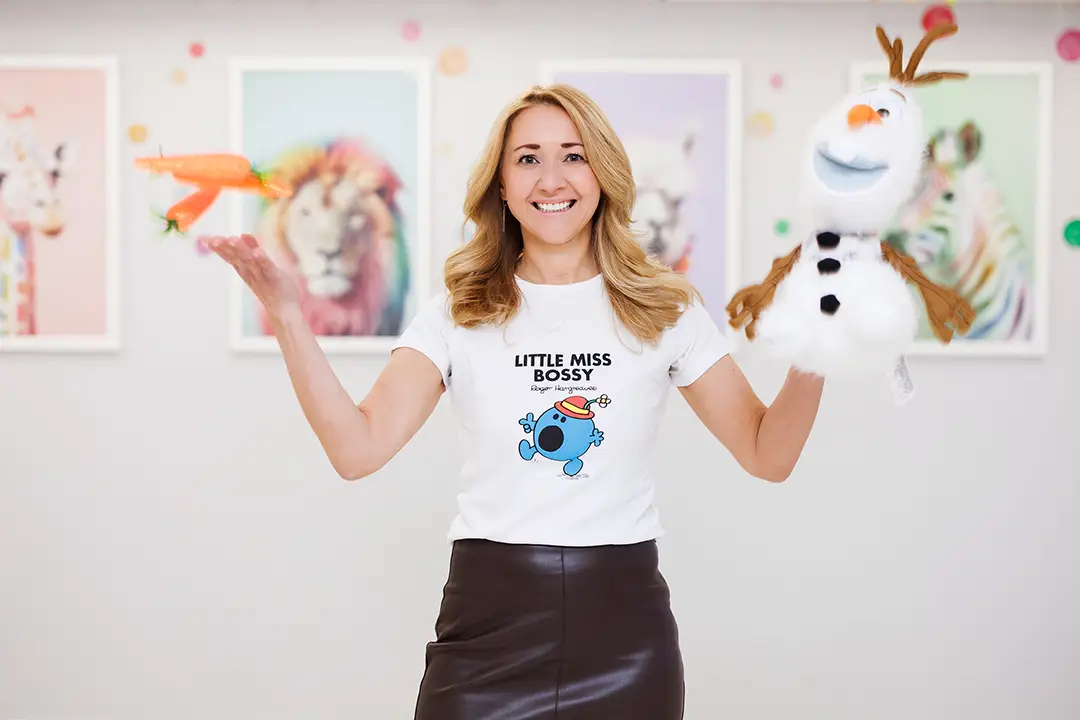
Pretend play is crucial in kids’ development
In this blog post, our team’s Natalie Bergman talks about
the importance of imaginary friends for kids.
Imaginary friends are a common, healthy part of children’s development.
What are imaginary friends?
Dragons and fairies, a talking stool and a lamp that grants wishes, a rainbow-striped zebra, and an invisible tea party guest — what do they all have in common? They all exist in our imagination.
Imaginary friends, which are fictional characters that a child creates, are an integral part of many kids’ worlds. Kids’ fanciful buddies typically fall into four categories: human-like companions (such as another child), fantasy creatures (for example, a unicorn), an anthropomorphized animal (like a friendly dinosaur), or a personified object (like a singing snowman with a sparkly carrot nose).
Research has found that kids can begin playing imaginatively as early as eighteen months, and as they grow, many kids create imaginary friends, usually between the ages of three and seven years old, although some children continue to interact with them beyond these years.
Contrary to popular belief, kids who have imaginary friends aren’t necessarily lonely or socially awkward. In fact, many children who enjoy imaginary friends are highly creative, socially skilled, and emotionally intelligent. Their pretend companions serve multiple developmental functions, helping children explore emotions, navigate relationships, and develop problem-solving skills.
Imaginary friends and pretend play
Imaginary friends are part of imaginative and pretend play, and they often appear in the whimsical world of childhood, acting as companions, confidants or confidents, and even co-adventurers in a child’s imagination.
Though they may seem mysterious to adults, these invisible playmates are incredibly meaningful and play a vital role in a child’s cognitive and emotional development. According to Dorothy and Jerome Singer’s influential book, The House of Make-Believe, imaginary friends aren’t just cute quirks of childhood—they are powerful tools for self-expression, emotional regulation, and social development.
Play therapy unlocks a child’s ability to express, explore, and process
In play therapy, therapists encourage imaginative play to help children work through challenges in a way that feels natural and engaging to them. Play therapy and imaginative play use the power of creativity to help kids grow their emotional, cognitive, and social Superpower skills.
Play therapy is a structured, systematic, evidence-based, specialized therapeutic approach that allows children to express, explore, and process their thoughts, emotions, and experiences in a safe, structured environment.
Reference
Singer, D. G., & Singer, J. L. (1990). The house of make-believe: Children’s play and the developing imagination. Harvard University Press.
Meet the author
Meet the editor
If something (big or small) is bugging your kiddo, who are you going to call?
Kids Reconnect!
Our therapists specialize in helping kids to grow and thrive, using different therapeutic interventions such as play therapy, sand tray therapy, EMDR, art therapy, and other expressive therapeutic tools.
We “CARROT” wait to see you!
